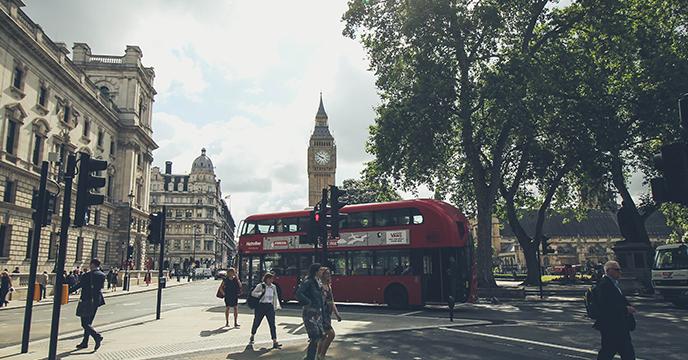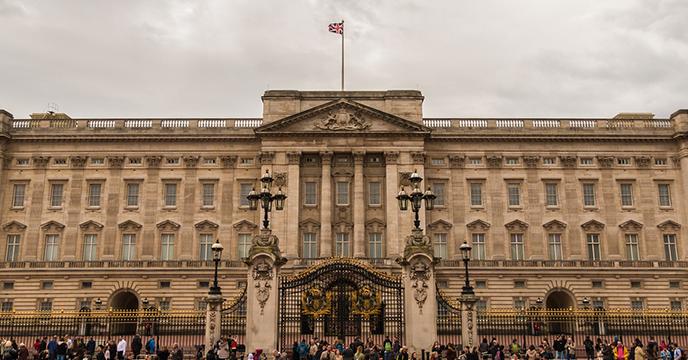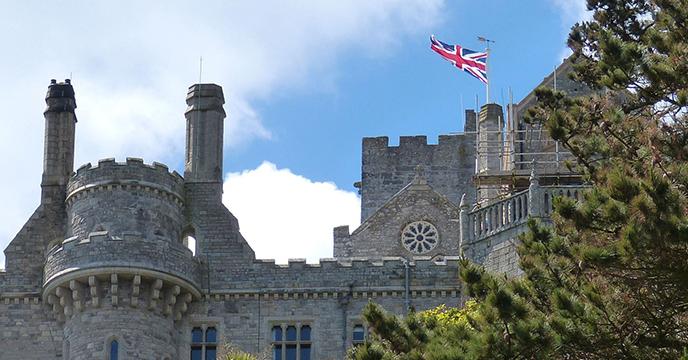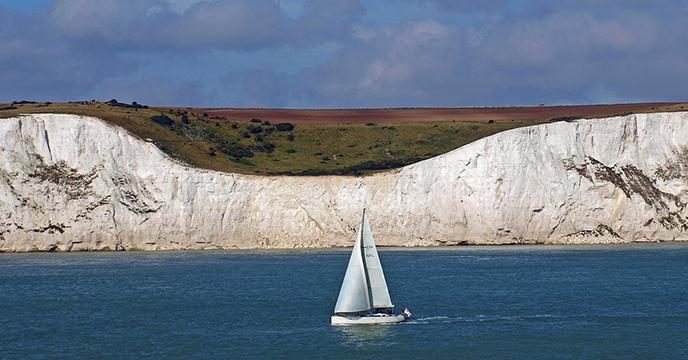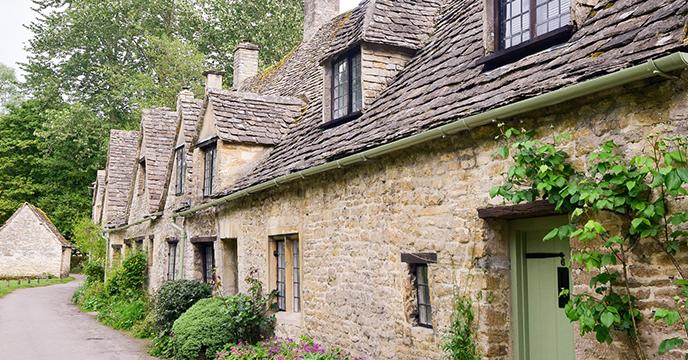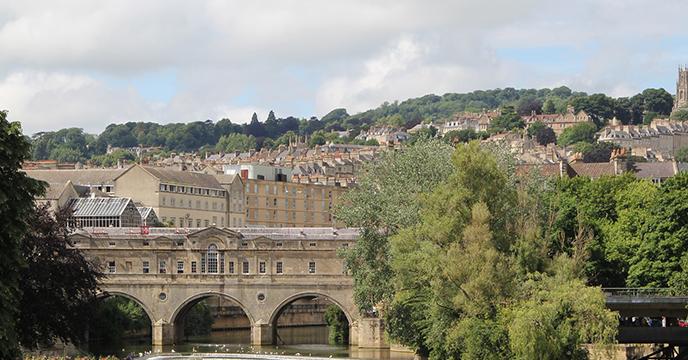
England Travel Guide
Featuring a sturdy mix of both old and new, England is filled with sights and experiences that you need to make time for. From marvelling at the iconic London skyline dotted with silhouettes of Big Ben and the London Eye to exploring the historic towns of Oxford and Stratford-upon-Avon where the great Shakespeare was born, you won’t be short of things to do in England.
The Highlights


The Basics
The Location
England shares a land border with Scotland and Wales and is separated from continental Europe by the North Sea and the English Channel. From New York, a non-stop flight is 7 hours, and from Dubai is 8 hours in duration without a stopover.
Capital City
London is situated in the south of the country and is the most populous city in England and the United Kingdom.
Main Airport
London Heathrow International Airport is the main hub for domestic and international travellers. It is located within 14 miles west of Central London.
- Code
- LHR
- Closest City
- London
Language Spoken
The official language of English and it is the dominant language throughout of the country. The most widely spoken language after English is Polish.
Currency
England uses the Pound Sterling (£). The currency code is GBP. It is safe to withdraw money from banks or ATMs while you’re there. Locals will refer to a ‘pound’ as a 'quid' and you can expect to hear this more often than not.
Visas
For Australian, Canadian, New Zealand and US citizens, no prior visa is required and you may enter the UK without a visa for up to 6 months. Visa information can change often and varies from country to country. We recommend checking your country's travel advisories in advance of booking a trip.
Electricity
Electrical current is 230 volts, 50Hz; a UK-type plug with three flat pins. The standard voltage in the US is 110 volts, so you may need a surge adaptor.
Vaccinations
Generally, no vaccinations are required for travelling to England. However, you should be up to date on your routine vaccinations. Hepatitis A, B or Rabies may be recommended depending on your travel itinerary and what country you are travelling from.
Emergency Calls
The phone numbers to call in case of emergency are 999 for the police, 101 for a non-emergency response.
When to Visit

England Tours

Visit Responsibly
Travelling responsibly means respecting the communities, culture and environment of the places you visit. Keep these tips in mind when travelling to England:
Go green. Be environmentally conscious on the road by taking short showers; turning off the lights in your hotel room when you leave; and resisting the urge to collect any plants, seashells, or other natural flora.
Respect cultural differences. Before travelling, read about the local culture and customs – even just knowing the dress code and a few basic phrases in the local language will go a long way.
Support local businesses. Enjoy a more authentic experience and directly support the local economy by travelling with a local guide, eating in local restaurants, buying from local artisans, and staying in locally-owned and operated accommodations.
Wherever possible, avoid single-use plastics. Pack reusable items such as your own shopping bags, utensils, a water bottle, and a straw. These items are typically lightweight and compact, and will greatly reduce your consumption of plastics.
Be conscious of overtourism. Opt to visit the lesser-known regions of England or travel outside the peak season – you'll likely even get a better deal and won't have all the crowds!
Sustainable Tourism in England
Green Transportation
There are green options for getting to and around your destination easily, such as rail, hybrid-engine buses, and bike. Consider a rail tour of the UK, or discover the countryside on a cycling tour.
Plant-based Food Options
A simple, easy, and delicious way to experience the capital is by opting for plant-based foods - which there is certainly no shortage of in London. Whether you want to try plant-based spins on traditional dishes or innovative plant-based experiences, there are plenty of options to skip out of eating animal products on your trip.
Sustainable Accreditations
There are sustainable accreditations within the UK, such as Green Tourism, that showcases tourism businesses making a positive impact on local communities and the environment. In addition, these accreditations are also helpful in encouraging more tourism businesses to adopt more sustainable practices.
FAQs about England
Do you tip in England?
In England, it is expected that you leave a tip of 10-15% in a restaurant when eating out. However, restaurants often add on a service charge (usually 12.5%), so it's worth checking your bill just to be sure.
What is the internet access like?
Most large cities in England will often allow you to connect to free street WiFi upon agreeing to the terms and conditions for use. Internet connection can range in quality, but you should have no problem with day-to-day tasks like emailing or surfing the web.
Is the tap water safe to drink?
Yes. It is most definitely safe to consume tap water in England. Bottled water is inexpensive and readily available, however, it is best to pack a reusable water bottle to reduce waste.
Can I use my credit cards?
Yes, credit cards are widely accepted throughout England. Please check with your bank about any foreign transaction charges.
What are the public holidays?
Along with popular public holidays such as New Year’s Day, Christmas and Good Friday, England celebrates the Early May Bank Holiday May 6, Spring Bank Holiday May 28 and August Bank Holiday on August 6.
Is it safe to visit England?
In short, yes. Due to a large number of visitors, England is a safe place to explore. As with many destinations, visitors must always use common sense and practice due caution and vigilance when travelling across the world. There is also large expat community-based in London.
